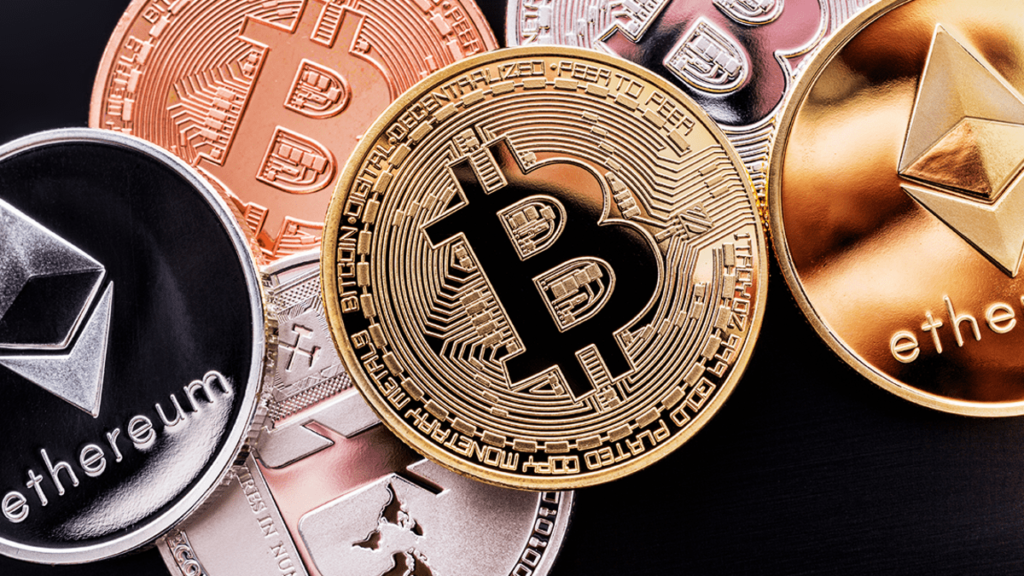
In terms of cryptocurrency adoption and growth in India, the year 2021 will be remembered for a number of achievements. With two weeks left in 2021, global inflows in digital currency have totaled $9.5 billion. Crypto inflows are expected to reach $6.7 billion in 2020.
Bitcoin, the most popular digital currency, is expected to nearly quadruple in value by the end of the year, compared to December 2020. Since achieving an all-time high of $69,000 on November 10th, Bitcoin has dropped 32% to $47,043.
China’s crackdown on cryptocurrency, a tax provision in US infrastructure legislation, and India’s proposed law to restrict private currencies all contributed to the largest crypto by market value retreating from its all-time high. Other popular digital currencies include Ether, which is the second-largest in terms of market capitalization and is presently trading at about $3753.07.
In India, cryptocurrency exploded in popularity in the years 2020 and 2021. In India, digital coins rose to prominence in 2021, with investments in the assets surpassing $10 billion for the first time. In April of last year, it was $923 million. According to CREBACO, a crypto research and intelligence firm, approximately 105 million Indians, or 7.90 percent of the population, were invested in some form of digital token at the time.
Cryptocurrencies have grown in popularity as a decentralised alternative to fiat money. Their use case evolved from transactions to an asset class over time, and today more people are utilising it to transmit money abroad to avoid the high fees charged by traditional money wire providers or banks. Digital coins are used by Indian expats to send money back home.
Platform for comparison shopping According to Brokerchooser, India has the biggest number of cryptocurrency owners in the world, with 10.07 crore. At the time, the United States was in second place with 2.74 million users, followed by Russia with 1.74 million and Nigeria with 1.30 million.
On a good day, the global cryptocurrency market capitalization exceeds $2 trillion. And here’s the thing: despite the fact that some of the lesser-known currencies, such as Shiba Inu and Dogecoin, have a cult-like following and promotion, real investors still avoid them due to their extraordinarily high volatility.
Central bankers and authorities are wary of such assets because of their decentralised structure, which is understandable given their widespread usage for illegal activity.